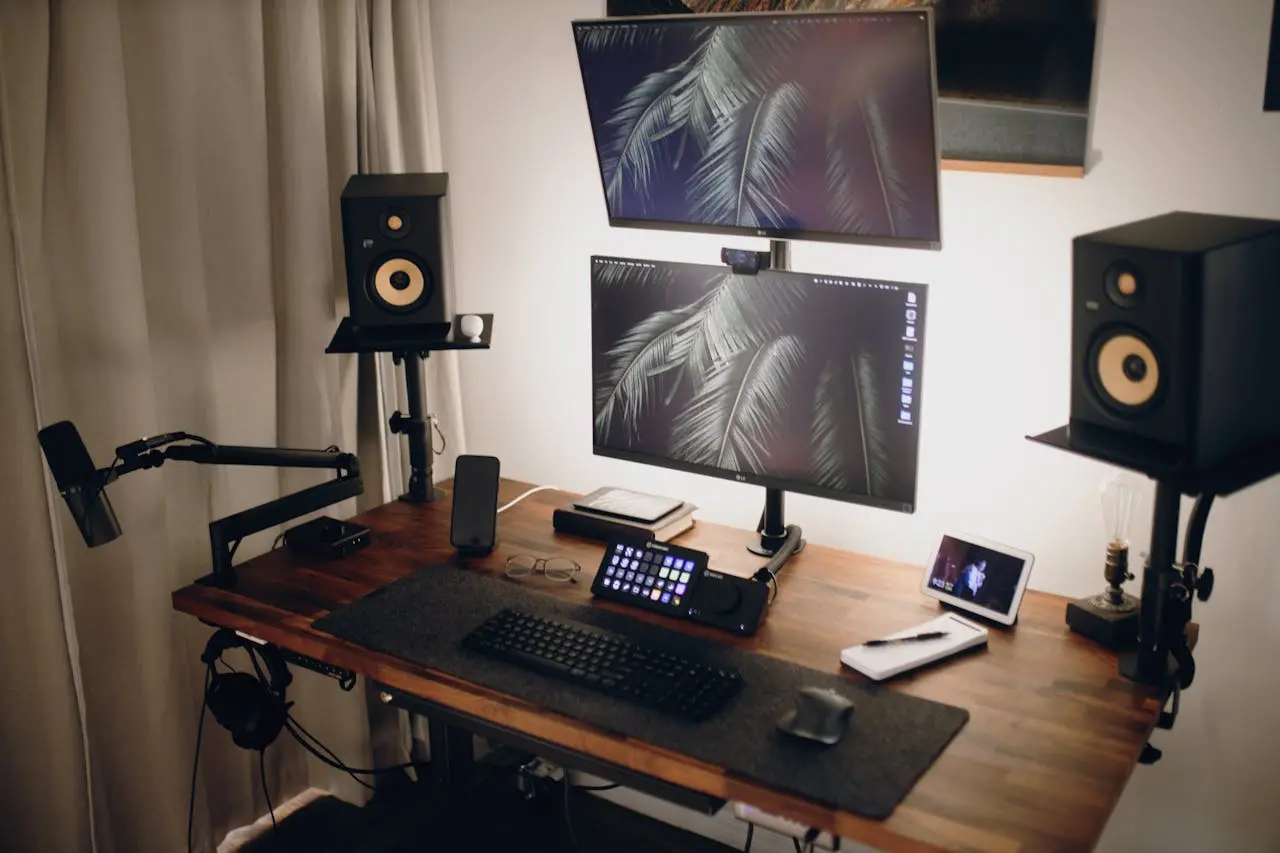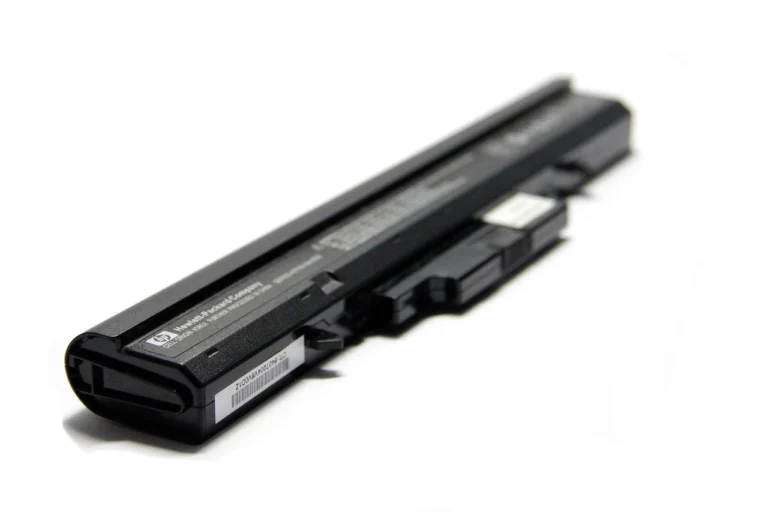
If you’re like me, a passionate gamer who loves to get lost in an immersive gaming world, you probably already know that sound plays a huge part in that experience. Imagine playing a first-person shooter where the footsteps behind you sound like they’re coming from nowhere. Or worse, a thrilling chase scene in a game, and all you hear is muffled noise. It’s just not the same, right?
That’s when I realized how much I was missing by not upgrading my gaming speakers. After some trial and error, I figured out how to pick the best ones, and now, the difference in sound quality has completely transformed my gaming experience. The right speakers can make you feel like you’re in the middle of the action, with the deep rumbles of explosions and the subtle rustling of leaves during a stealth mission.
But how do you choose the best gaming speakers? Don’t worry, I’ve got you covered. In this guide, I’ll walk you through all the key things you need to consider when selecting speakers that will elevate your gaming setup.
1. Speaker Types: What’s the Right Fit for You?
When I first started looking for gaming speakers, I had no idea where to begin. There are so many options out there! It felt overwhelming at first. But as I dug deeper, I realized the two main types of speaker systems are 2.0 systems and 2.1 systems.
2.0 Systems: These are the simpler of the two. They consist of just two speakers, and no subwoofer. They’re perfect if you have limited space or just want something easy to set up. When I first started, I went for a small 2.0 system, thinking it would be enough. Honestly, for some games, it was fine. But when I started playing more action-packed games with a lot of bass-heavy sounds, I noticed that the experience felt flat.
2.1 Systems: This is where I found my sweet spot. A 2.1 system includes two speakers and a subwoofer. The subwoofer adds those low-frequency sounds, think explosions, deep rumbles, and the thumping bass of intense music. The first time I connected a subwoofer to my setup, I felt like my whole room shook. It made everything sound fuller and more immersive. It was especially noticeable in racing and shooter games where the rumble of engines or explosions became much clearer.
I recommend thinking about how much space you have, your budget, and what type of gaming you mostly do. If you’re into fast-paced action or music-heavy games, a 2.1 system will probably make a noticeable difference. But if your space is tight or you don’t need that bass boost, a 2.0 system might be more practical.
2. Connectivity: How Will You Hook Up Your Speakers?
Next up, connectivity. A mistake I made early on was overlooking how my speakers would connect to my gaming setup. Some speakers only have a 3.5mm jack, while others might have Bluetooth, optical, or HDMI connections. If you’re not careful, you might buy a speaker that doesn’t work with your setup.
For me, I found that the 3.5mm jack was a good fit for my desktop setup. It’s simple, universal, and worked well with my gaming computer. However, when I tried hooking up a surround sound system, I quickly realized that 3.5mm wasn’t going to give me the audio depth I wanted. That’s when I switched to an HDMI setup for virtual surround sound.
If you have a gaming console or a more advanced system, I recommend going for speakers that offer a digital connection, like TOSLINK (optical) or HDMI. For me, this made a world of difference, especially when it came to clarity and the range of sounds I could hear.
3. Sound Quality: It’s Not Just About the Volume
When I was younger, I thought loud equals good sound. I mean, who doesn’t love cranking up the volume, right? But the more I dived into gaming, I realized that clarity is just as important as loudness. The best gaming speakers have a balanced frequency response, meaning you’ll hear the highs, mids, and lows just right.
For instance, I played a first-person shooter where I could barely hear the footsteps of enemies sneaking up behind me. No matter how loud I cranked the speakers, the game felt less immersive. But when I upgraded my speakers to a system that could handle a wider range of frequencies, I could hear the slightest movements in the game. It was like a whole new world opened up!
I also realized the importance of soundstage, the ability of the speakers to make sounds feel like they’re coming from different directions. When I first experienced this with my surround sound system, I literally turned around in my chair, convinced someone was behind me. It was the best feeling!
4. Subwoofers: Are They Worth It?
Subwoofers, some people love them, some people don’t. I used to be indifferent until I added one to my setup. At first, I was skeptical, thinking it would just take up extra space. But let me tell you, I was wrong. The subwoofer brought my gaming audio to life. It made explosions feel real, and the bass just hit harder.
I remember playing a car racing game, and when I revved the engine, the low-frequency sound of the engine rumbling under my desk was so powerful it felt like I was in the car! Now, I can’t imagine gaming without a subwoofer. That said, they aren’t for everyone. If your room is small or if you prefer something subtler, a speaker system without a subwoofer might work better for you.
5. Room Acoustics: The Secret to Perfect Sound
I’ll be honest, at first, I didn’t think room acoustics mattered that much. I thought as long as the speakers were good, the sound would be perfect. I was wrong. Once, I set up my new speakers and was disappointed with how the sound bounced around the room. The bass was overwhelming, and the highs felt tinny. It turns out my room had a lot of hard surfaces that reflected sound, making everything muddy.
So, I played around with the placement of my speakers. I moved them away from the walls and tried placing them at ear level. To my surprise, this simple adjustment made a huge difference in sound clarity. It’s like the speakers were finally in sync with the room. Now, I always make sure to test my setup and tweak the positioning until I get the sound just right.
6. Budget: Getting the Best Value for Your Money
When I first started shopping for gaming speakers, I’ll admit, I wasn’t too concerned about the price. I just picked what I thought looked cool or had the highest wattage. But that’s not always the best approach. I learned that sound quality isn’t always tied to price. Some budget speakers can perform just as well as high-end models if you know what to look for.
For example, I once bought a pair of high-end speakers only to find out that they didn’t even have the sound clarity I needed for gaming. Afterward, I switched to a more affordable option that offered better value for money. It’s important to know what features matter to you most, whether it’s clarity, bass, surround sound, or compatibility, and base your decision on that rather than just price.
Conclusion: Perfecting Your Gaming Setup
Finding the right gaming speakers isn’t just about picking the most expensive or the loudest ones; it’s about finding a system that enhances your gaming experience. Whether you’re a casual gamer or a competitive player, sound quality can be a game-changer. Trust me, once you upgrade your speakers, you’ll never want to go back to those basic built-in ones again.
Take your time to consider all the factors, speaker types, connectivity, sound quality, and even the acoustics of your room. And remember, it’s okay to experiment a little. It took me a while to find the perfect setup, but once I did, gaming felt more immersive than ever before. Now, I’m all about that surround sound experience, and I’ll never go back.






